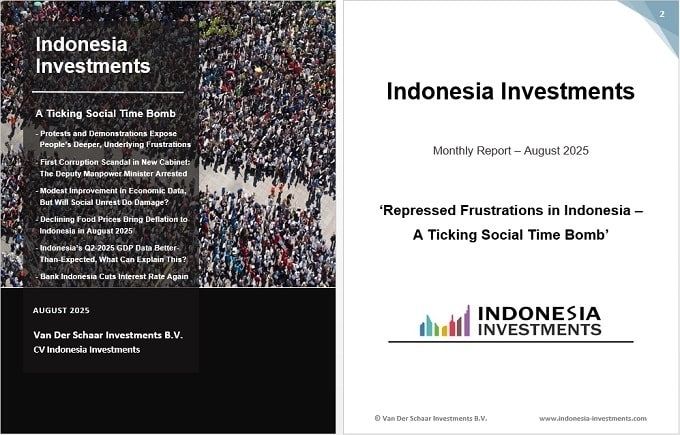Beyond the Immanuel Ebenezer Case: Indonesia's Enduring Corruption and Its Wider Impact
On Wednesday 20 August 2025, Indonesia’s Corruption Eradication Commission (in Indonesian: Komisi Pemberantasan Korupsi, or KPK) detained 14 people and seized 22 luxury vehicles (involving 15 cars and seven motorcycles) as well as a significant amount of cash after a sting operation was conducted.
Among those arrested was Deputy Manpower Minister Immanuel Ebenezer. The KPK suspects him of having extorted companies and individuals seeking the occupational safety and health certification (called Keselamatan dan Kesehatan Kerja, or K3) from the Manpower Ministry. K3 certification is the official recognition that a company, a workplace, or an individual has met the legal standards and requirements set by the Indonesian government to ensure a safe and healthy work environment.
While the official price of K3 certification is IDR 275,000 (approx. USD $17), people and companies were reportedly asked to pay IDR 6.0 million (approx. USD $375). If they would not pay, then they were reportedly unable to obtain the K3 certification. Based on KPK statements, these suspects managed to collect around IDR 81.0 billion (approx. USD $5 million), in total, in the 2019-2025 period through extortion.
Considering the extortion started in 2019, we feel we have to emphasize that – while this case is the first corruption scandal in President Prabowo Subianto’s cabinet – it actually began well before either Prabowo or Deputy Manpower Minister Immanuel Ebenezer took office. As such, the case exposes something deeper.
Because this corruption case was making headlines in Indonesian media in August 2025, it serves as a reason to take a look at the state of corruption in Indonesia. As is widely known, corruption is a structural and widespread problem in Indonesia.
What Is Corruption, Actually?
There are various forms, or types, of corruption. Moreover, sometimes the boundary can be unclear between corruption and a ‘socially acceptable custom’. For example, before electronic payments were introduced in Indonesia, it was quite common for people to give some money (often called uang rokok) to a civil servant in exchange for a specific government service, like renewing identity papers (and this actually still happens today although electronic payments did significantly curb room for this custom). This type of (informal) payment is a deep-rooted cultural and bureaucratic matter that is usually not considered a formal bribe, but rather a "tip" or a "token of appreciation" given to smooth the process and ensure a service is completed quickly. But while not always considered corruption, the slippery slope awaits. For example, when citizens don’t get the service (to which they are entitled, legally) if they don’t give this “tip”.
Therefore, it is important to take a look at the definition of corruption. Corruption is broadly defined as: “the abuse of entrusted power for private gain”. This essentially applies to anyone who holds a position of authority or trust, whether in governance, courtrooms, the private sector or in non-profit organizations. Moreover, the "private gain" is not always a financial gain as it can also include matters such as social status, political favours, or personal advantages for family and friends.
Regarding forms of corruption there are many. They include bribery, embezzlement, extortion, nepotism (cronyism), abuse of discretionary power, influence peddling, and state capture. All of these can be found in the political, bureaucratic, and judicial domains of Indonesia as well as in the country’s private sector.
[...]
These are the first two pages of the article. If you want to read the full article you need to order the August 2025 report. This report (an electronic report, PDF, in English) can be ordered by contacting us through email and/or WhatsApp:
- info@indonesia-investments.com
- +62(0)882.9875.1125
Price of this report:
Rp 150,000 (or equivalent in other currencies)
Take a glance inside the report here!

Bahas
Silakan login atau berlangganan untuk mengomentari kolom ini
